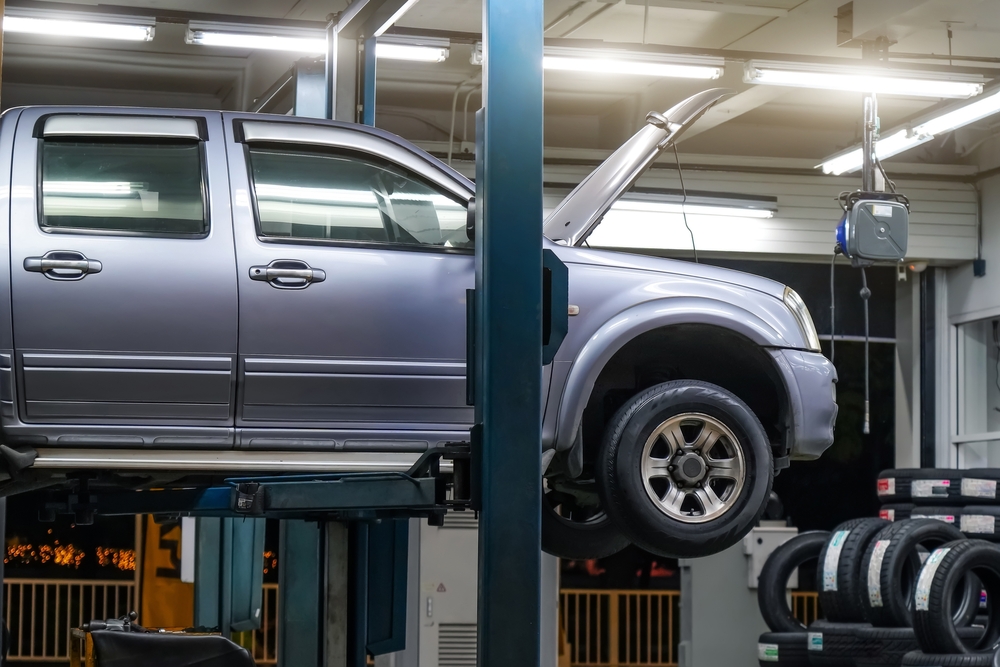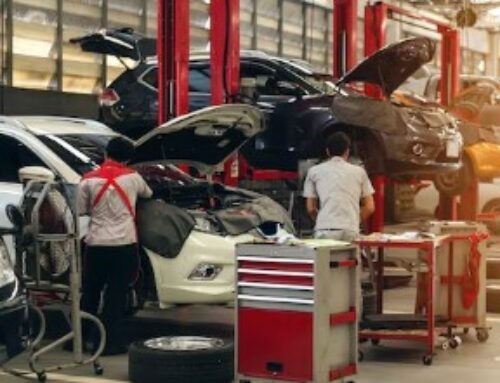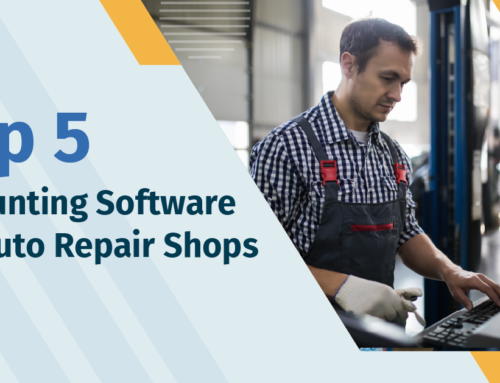Preventive maintenance for trucks can extend their lifespan. Maintenance lets you spot problems that may arise, cutting expenses on unexpected breakdowns and minimizing costly repairs.
If you’re a mechanic working on truck maintenance, you can give these tips to your clients to keep them informed about essential procedures for their vehicles. Even simple maintenance routines can make a big difference.
How is Truck Maintenance Different from Sedan Maintenance?
The distinct functions and required driving conditions of trucks and sedans result in different maintenance requirements. Here are essential focus areas.
Engine and transmission
Trucks perform heavy-duty tasks like towing and hauling. Many trucks use diesel engines because they generate the highest torque needed to run heavy cargoes.
In contrast, sedans have smaller, gasoline-powered engines that focus on fuel efficiency for smooth operations. Maintenance for sedans generally involves less frequent service, as their engines aren’t subjected to the same workload or environmental stress as trucks, making upkeep simpler and less intensive.
Size and weight
Trucks are significantly larger and heavier than sedans. They have components suitable for heavy loads and rough terrain, like reinforced suspension systems, heavy-duty brakes, and larger, more durable tires. These parts require specialized maintenance to keep the vehicle operating safely.
Sedans, usually used for everyday passenger transport, are lighter. Their smaller, less complex components mean simpler, less frequent maintenance than trucks.
Usage and wear
Generally, trucks are for labor-intensive tasks, such as hauling, towing, or driving in off-road conditions. This usage leads to faster wear and tear, requiring frequent and rigorous maintenance of brakes, suspension, and tires.
Sedans experience much less stress, so their maintenance focuses on regular oil changes, tire rotations, and brake inspections.

8 Preventive Maintenance Tips for Trucks
Regular upkeep ensures your truck can do its job, from handling heavy loads to navigating rugged terrain. These preventive maintenance tips can lead to optimal vehicle performance.
1. Check the exhaust system
Good engine combustion starts with clean airflow. If the exhaust system is not in great shape, you’ll likely experience challenges in engine efficiency and trigger harmful emissions. A quick check for leaks, rust, or damage now and then can keep things running clean and smooth.
2. Examine lighting and electrical systems
Don’t risk driving without proper lighting! Keep your headlights, brake lights, and turn signals in tip-top shape, especially for nighttime and rough-weather driving. Give your truck’s electrical system a once-over, checking for loose connections or signs of wear that might cause problems down the road.
3. Conduct brake system maintenance
Brakes are crucial for safety. Regularly check the brake pads, rotors, and fluid levels. Worn brake pads can lead to costly rotor damage and reduce your ability to stop quickly, which is a serious accident just waiting to happen.
4. Inspect and replace air filters
A clean air filter can make a huge difference. When it’s dirty, your engine has to work harder, which impacts performance and fuel efficiency. Check it regularly and replace it when needed to protect your engine from dust, dirt, debris, etc.

5. Check fluid levels
Various fluids power car and truck engines. Regularly top off fluids like brake, power steering, transmission, and windshield washer to avoid more significant problems, like engine damage or performance issues.
6. Inspect suspension components
A truck’s suspension is crucial for a smooth ride and safe handling. It enhances tire grip on the road for stable steering and smooth handling, especially when carrying heavy loads. Check the shocks, struts, and other components for wear and tear. Replacing worn parts helps you stay in control and avoid uncomfortable bumps or rough rides.
7. Conduct cooling system inspections
Overheating can cause stress for truck drivers and passengers. Imagine being on the side of the road with a smoking engine, with the next gas station out of sight. So, don’t skip checking the cooling system to avoid this hassle. Ensure the coolant levels are good, and inspect the radiator and hoses for any signs of leaks or wear.
8. Check tire pressure and tread
Properly inflated tires contribute to fuel efficiency, good handling, and longevity. Regularly inspect the tread for wear, and rotate your tires to ensure even wear that can help extend their lifespan while keeping everyone safe on the road.
Manage Your Truck Fleet with Confidence
Trucks in top condition have no problems maximizing engine performance and securing road safety. By following essential maintenance tips, you can rely on your truck to easily handle every challenge, from transporting goods or equipment to overcoming rugged terrains. Remember, being proactive and efficient with truck maintenance goes a long way in preventing major issues down the road.
Looking for ways to supercharge your truck and auto repair shop’s efficiency? HG AutoTech’s cutting-edge features like digital inspections, real-time timekeeping, and seamless accounting afford your truck fleet the best tools for success.






